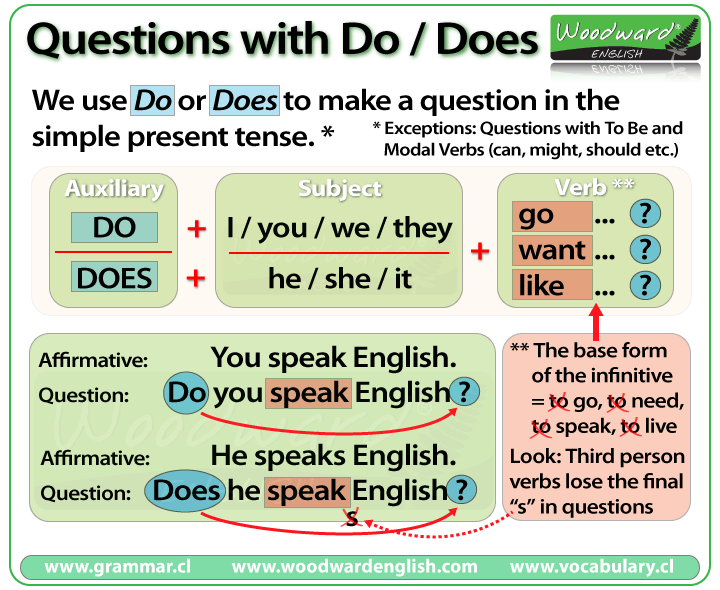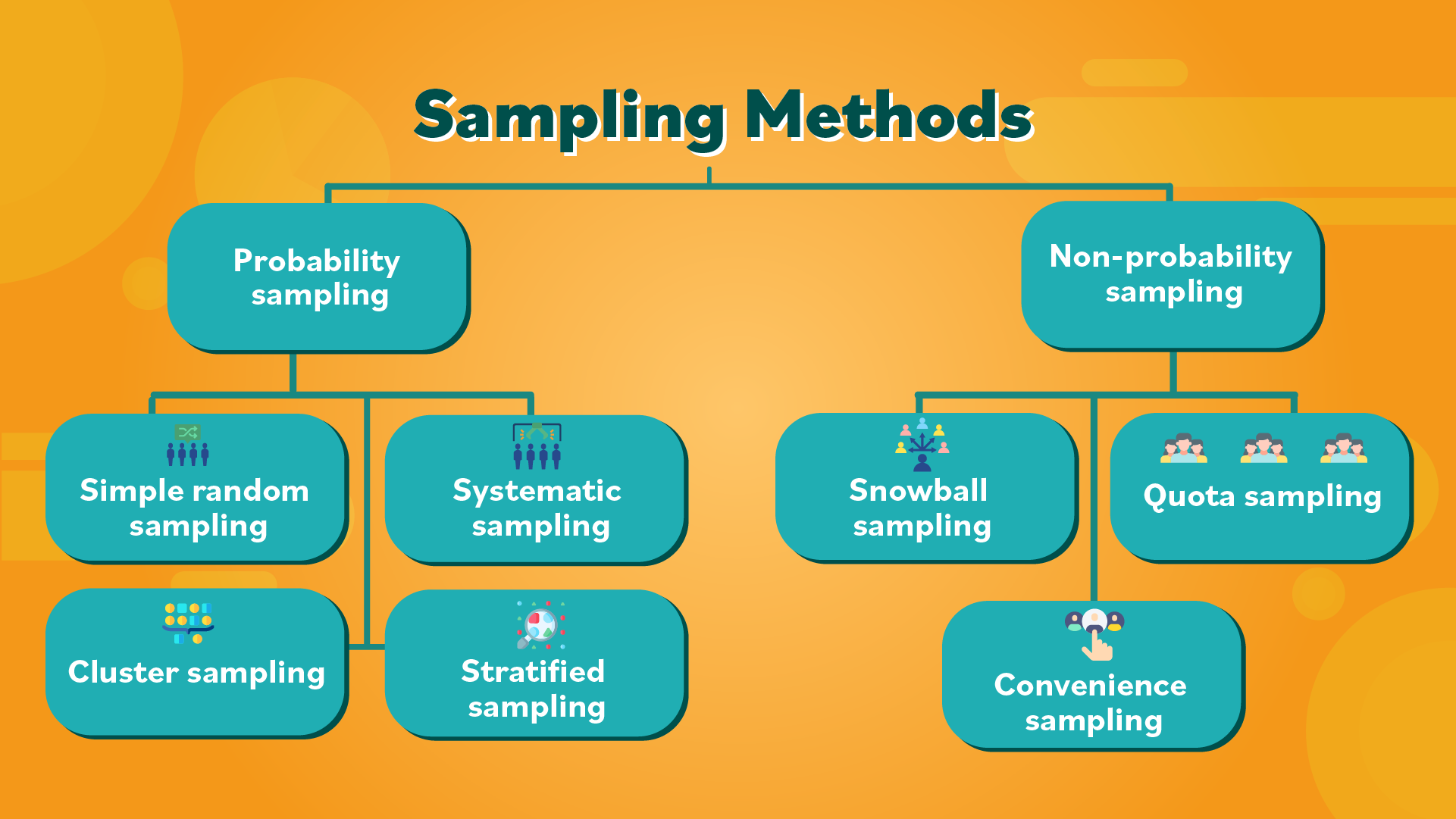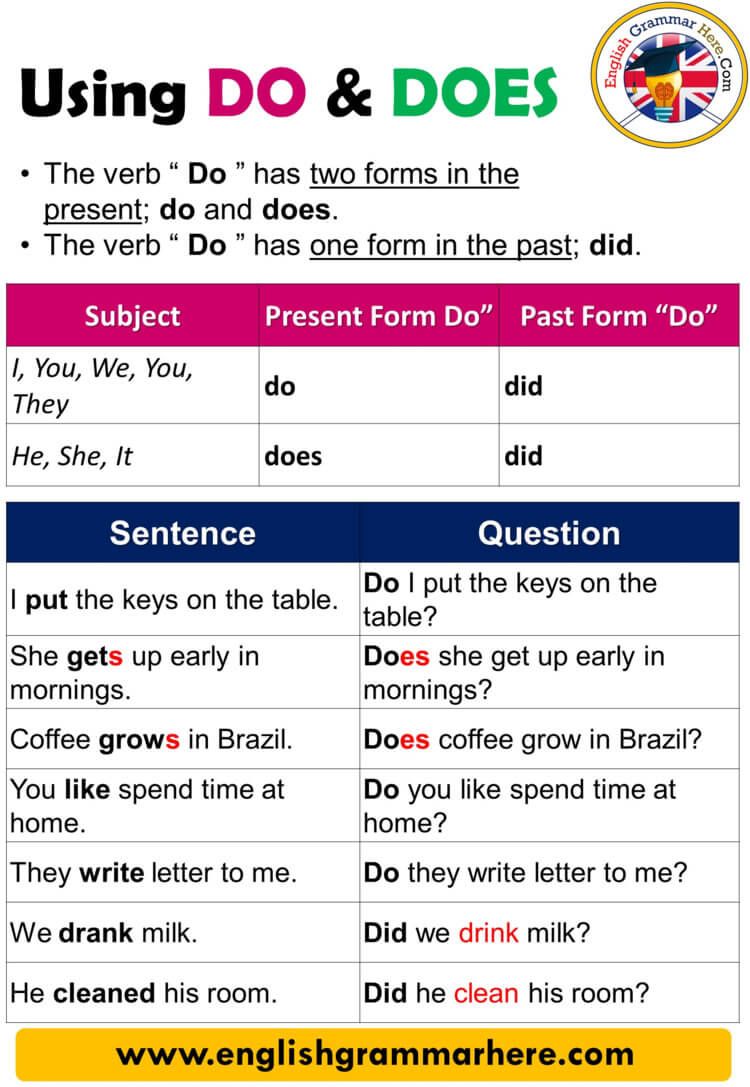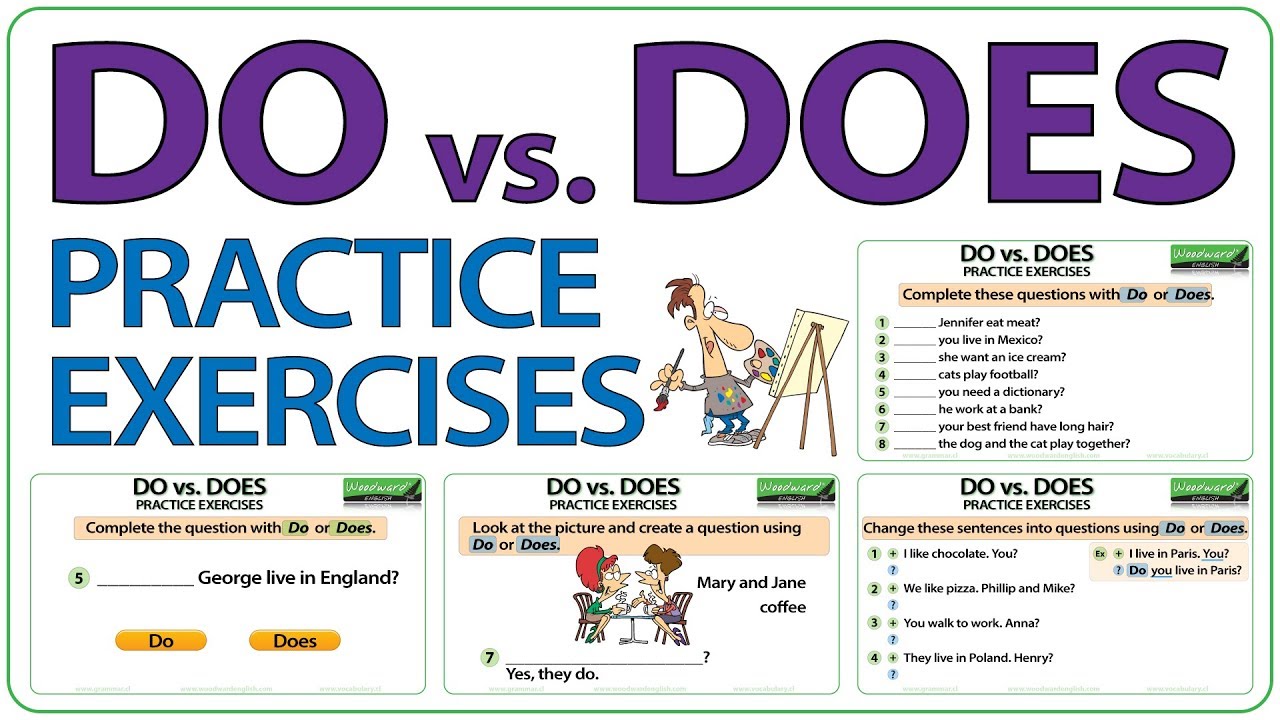Is College Required for a Career in Real Estate? Your Pathways and Opportunities Explained
Introduction: Do You Need College for Real Estate?
The real estate industry attracts people from all backgrounds, offering opportunities in sales, management, investing, and development. If you’re wondering whether you need to go to college to start a real estate career, the answer depends on your goals, location, and the role you want to pursue. This guide provides a clear breakdown of education requirements, degree options, licensing steps, and alternative pathways-so you can make informed choices and take actionable steps toward your real estate ambitions.

Source: printableo.com
Do You Need a College Degree to Become a Real Estate Agent?
In most U.S. states, a college degree is not required to become a licensed real estate agent. Instead, the main requirements typically include:
- Being at least 18 years old (some states require 19)
- Having legal U.S. residency (citizen or permanent resident)
- Completing state-approved pre-licensing education (usually 60-180 hours)
- Passing a background check and the state licensing exam
For example, in California, you do not need a college degree or even a high school diploma. To qualify, you must complete 135 hours of approved real estate coursework and pass the state exam. The entire licensing process usually costs $500-$1,000 and can be completed in 3-6 months [3] . Other states have similar requirements, though specifics may vary. Always check your state’s real estate licensing board for current details and application procedures.

Source: ataglance.randstad.com
How College Can Benefit Your Real Estate Career
While a degree is typically
not required
to start as an agent, pursuing higher education offers several advantages:
- Competitive Edge: Some brokerages prefer college graduates, especially for roles in commercial real estate or corporate management [1] .
- Advanced Knowledge: College courses in business, finance, law, and marketing help you understand complex transactions and regulations [2] .
- Career Flexibility: Degrees can open doors to related careers such as property management, appraisal, consulting, or real estate finance [1] .
- Long-Term Advancement: Many leadership, investment, or development roles favor or require a bachelor’s or master’s degree in real estate or a related field [2] .
For those who plan to remain agents or brokers, a degree is not mandatory. However, if you aspire to become a real estate developer, corporate manager, appraiser, or analyst, formal education may be a practical investment.
What Degrees Are Available for Real Estate?
Colleges and universities offer a range of real estate-focused programs at the associate, bachelor’s, and master’s levels. Programs may include:
- Associate Degree in Real Estate: Covers basics like property management, sales, and real estate law. Good for entry-level roles or as a foundation for further study.
- Bachelor’s Degree in Real Estate or Business: Includes courses in finance, economics, real estate law, valuation, urban planning, and investment. Some universities, like Florida State University, require completion of specific courses and university-wide requirements for graduation [4] . The University of South Carolina’s B.S.B.A. in Real Estate includes coursework in investment fundamentals, finance, and market analysis [5] .
- Master’s Degree in Real Estate Development (MRED): For those aiming at development, investment analysis, and large-scale projects, the MRED or Master of Science in Real Estate Development offers advanced training in finance, law, market analysis, and project management [2] .
If you’re considering a specific program, review the curriculum and graduation requirements on the official college or university website. You can also speak to an academic advisor for personalized guidance.
How to Get a Real Estate License Without a Degree
If your goal is to become a real estate agent without a college degree, you can follow these steps:
- Check Your State’s Requirements: Search for your state’s real estate licensing board online. Requirements can include age, residency, and education.
- Complete Pre-Licensing Education: Enroll in a state-approved course-these are often available through community colleges, real estate schools, or online providers. The number of required hours varies by state.
- Pass the State Licensing Exam: Schedule and pass the exam, which covers real estate laws, practices, and ethics.
- Apply for Your License: Submit your application to the state board, including proof of education, exam results, and background check.
- Choose a Brokerage: Most states require new agents to work under a licensed brokerage. Research local brokerages and apply for positions that fit your interests.
Costs for pre-licensing courses and exams typically range from $500 to $1,500, depending on location and provider. Financial aid is usually limited for non-degree courses, but some schools may offer payment plans. For official information, always consult your state’s real estate commission or licensing authority.
Alternative Pathways: Advancing Without a Degree
If you decide not to pursue a college degree, you can still build a successful real estate career by:
- Gaining Work Experience: Start as an agent, leasing consultant, or assistant to gain industry knowledge and build a network.
- Pursuing Certifications: Consider professional certifications from established organizations, such as the National Association of Realtors® or state-specific entities. These can demonstrate your commitment and expertise.
- Continuing Education: Many states require ongoing education to maintain your license. Taking advanced courses can help you specialize in areas like commercial real estate, property management, or investment.
- Networking: Join local real estate associations, attend seminars, and build relationships with mentors and industry leaders.
Some roles, such as real estate appraiser or property manager, may require additional licenses or education. For these, check with the relevant state board or industry association for current requirements.
Real-World Example: Starting as an Agent and Advancing Your Career
Consider the story of an individual who begins as a residential real estate agent with only a high school diploma. Through dedication, on-the-job learning, and professional networking, they build a client base and eventually decide to specialize in commercial properties. By taking continuing education courses and earning certifications, they develop expertise that leads to a management position at a large brokerage. Later, they choose to enroll in a part-time bachelor’s degree program to open further doors in corporate real estate or development. This progression demonstrates the flexible path real estate careers can offer, with or without a traditional college degree.
Key Takeaways and Action Steps
Whether or not you choose to go to college for real estate depends on your desired career path. Here are practical steps you can take right now:
- Define your career goals: Agent, broker, manager, developer, analyst, or appraiser?
- Research your state’s licensing requirements using search terms like “[Your State] real estate licensing board.”
- Contact local community colleges or real estate schools for information on pre-licensing courses.
- If interested in degree programs, review university real estate or business departments for specific admission requirements.
- Network with professionals in your area and consider joining industry organizations.
- Plan for continuing education and certification to keep your skills current.
For official guidance, always consult your state’s real estate commission or an accredited academic advisor. Remember, while a college degree can enhance your career, it is not a universal requirement for entry into the real estate industry.
References
- [1] Indeed (2025). Do You Need a Degree for a Real Estate Agent Career?
- [2] All Business Schools (2025). Real Estate Degrees: What Can You Do with a Real Estate Degree?
- [3] AceableAgent (2025). Do I Need a Degree To Get a Real Estate License in California?
- [4] Florida State University (2023). Requirements for Real Estate Majors.
- [5] University of South Carolina (2022). Real Estate, B.S.B.A.
MORE FROM couponito.com













